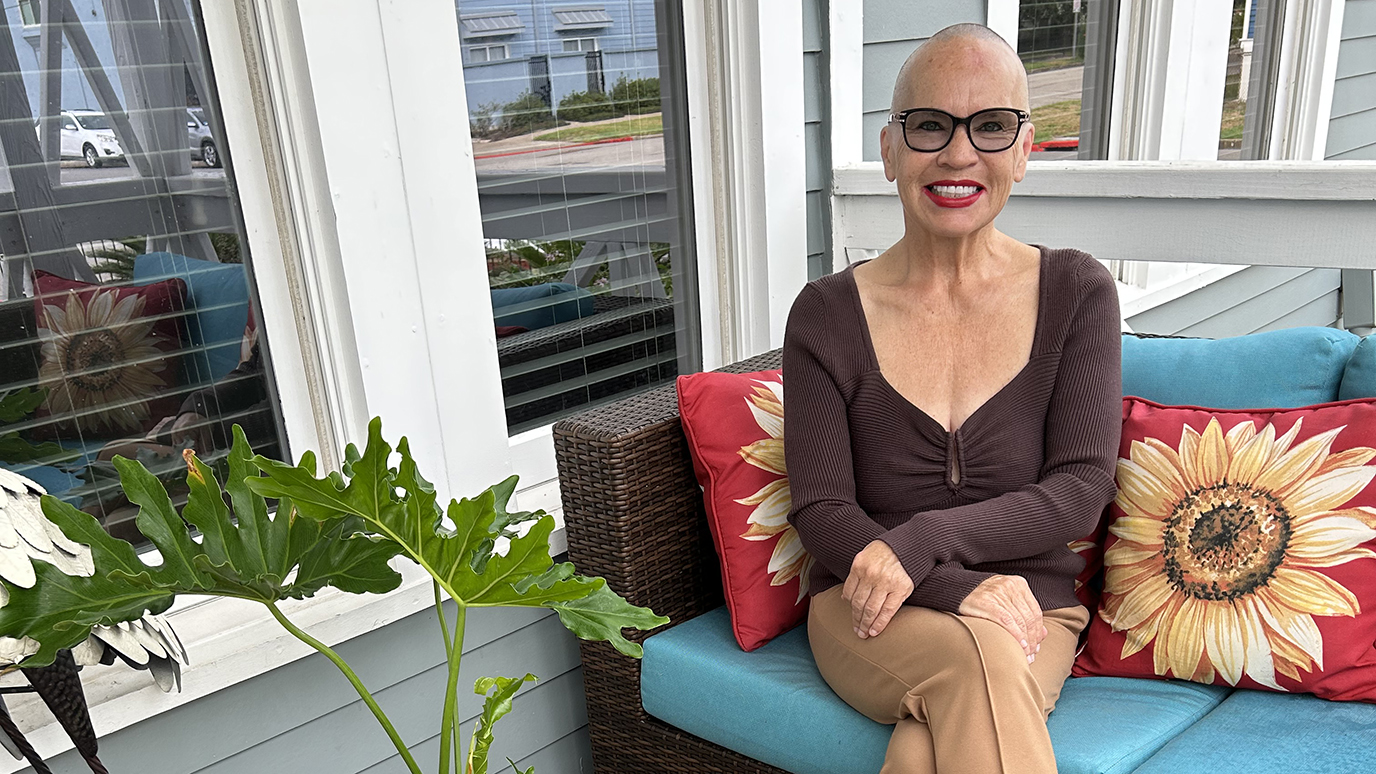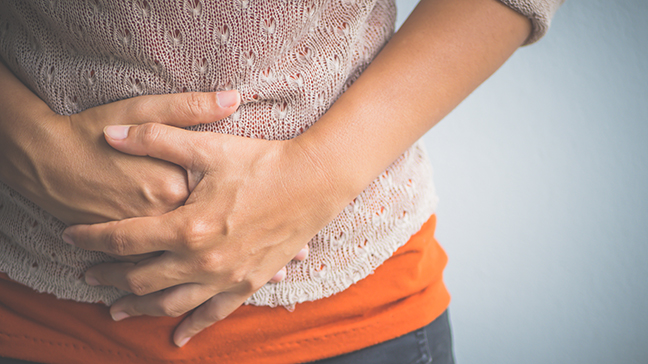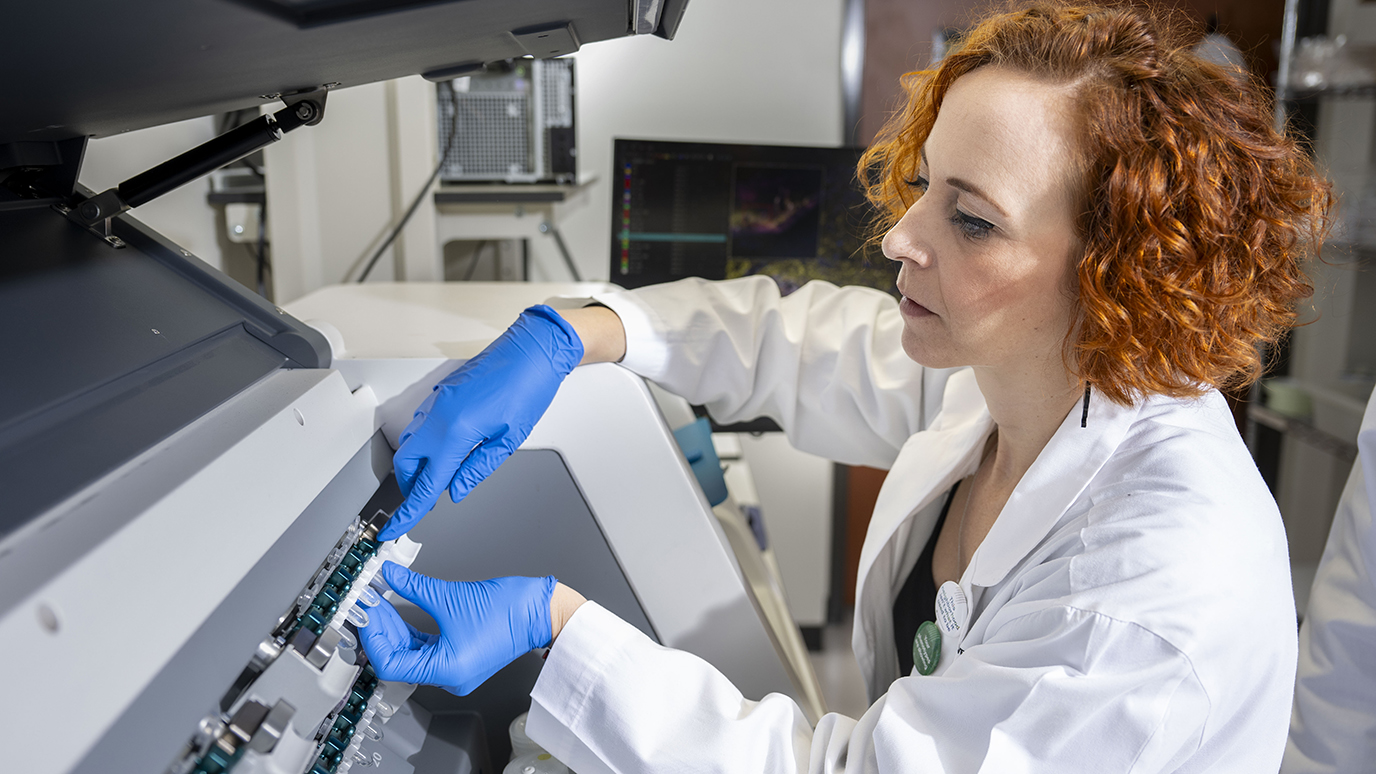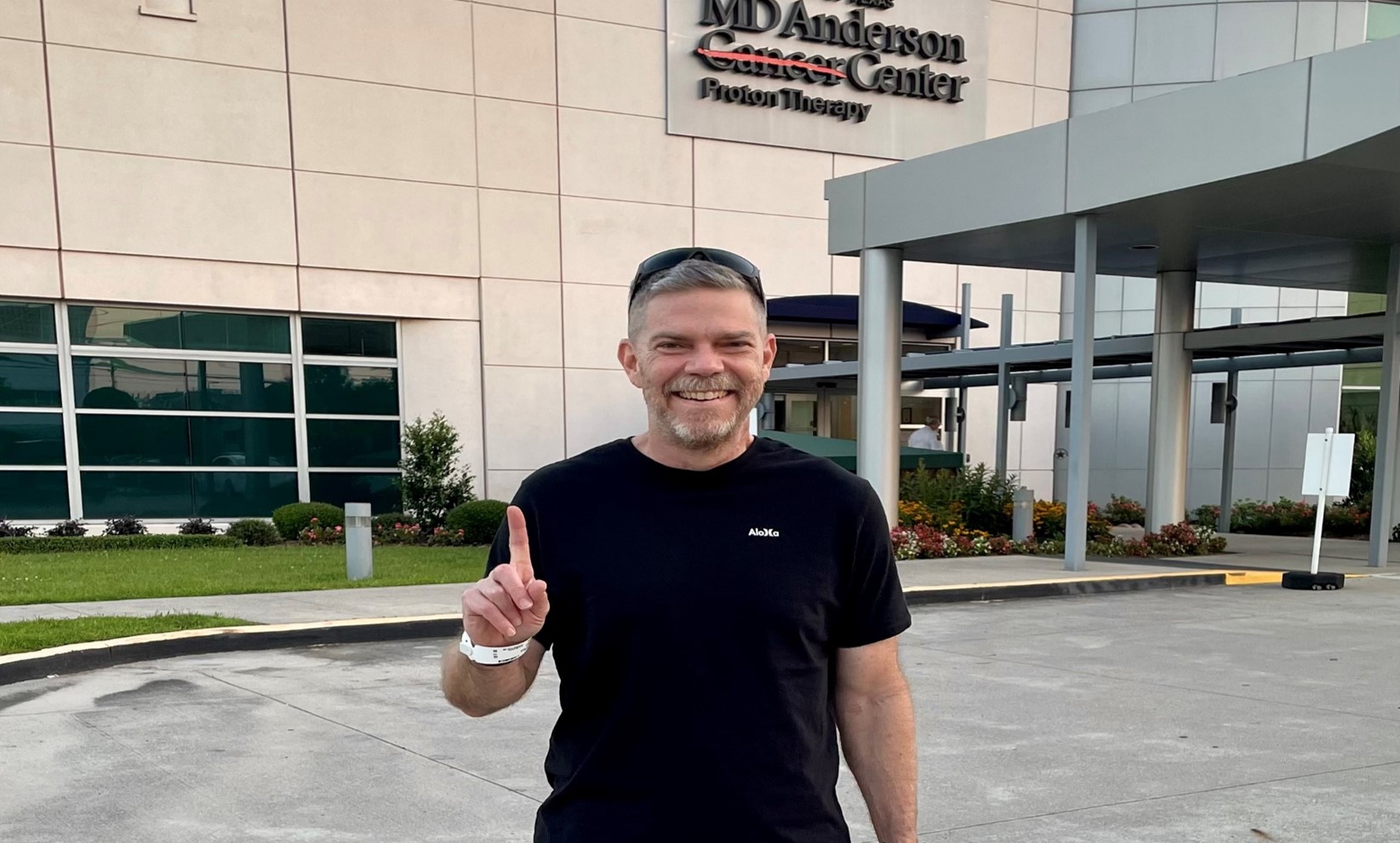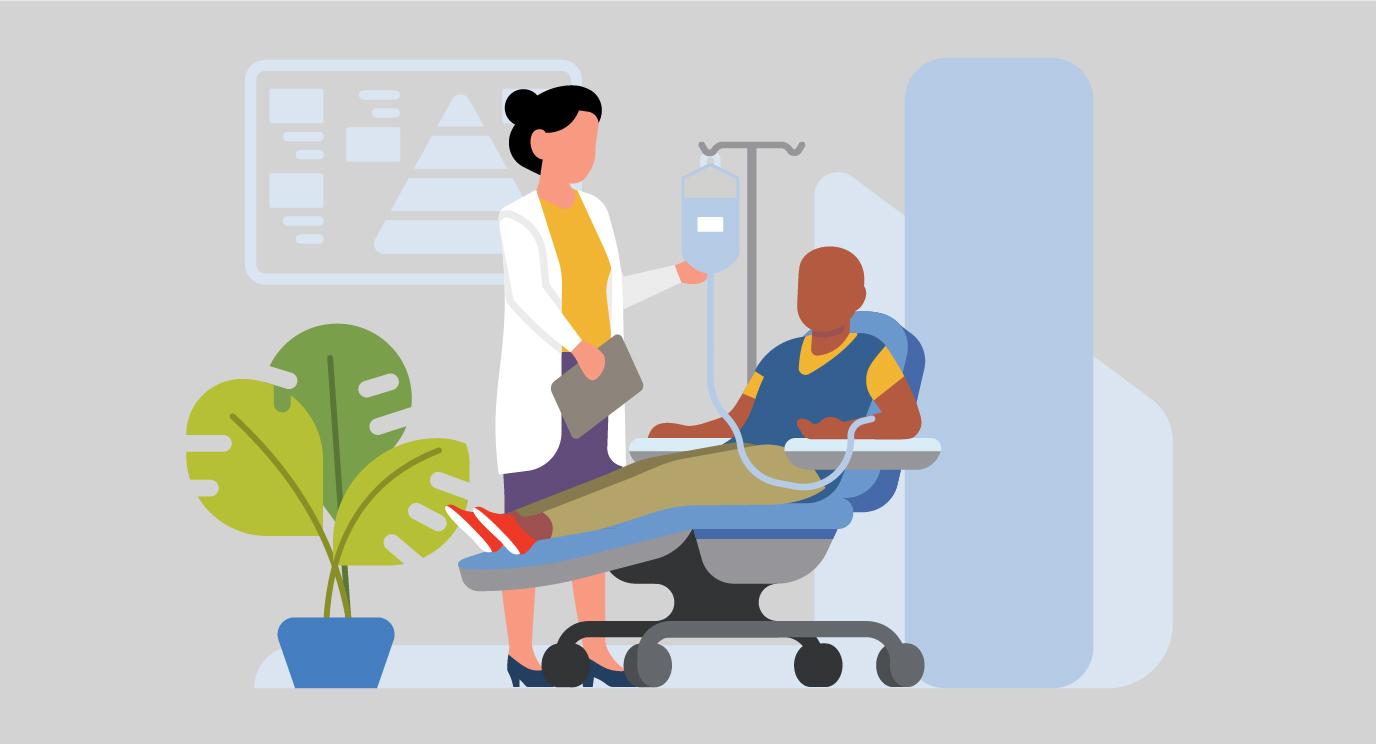- Diseases
- Acoustic Neuroma (14)
- Adrenal Gland Tumor (24)
- Anal Cancer (68)
- Anemia (2)
- Appendix Cancer (16)
- Bile Duct Cancer (26)
- Bladder Cancer (72)
- Brain Metastases (28)
- Brain Tumor (232)
- Breast Cancer (714)
- Breast Implant-Associated Anaplastic Large Cell Lymphoma (2)
- Cancer of Unknown Primary (4)
- Carcinoid Tumor (8)
- Cervical Cancer (160)
- Colon Cancer (166)
- Colorectal Cancer (118)
- Endocrine Tumor (4)
- Esophageal Cancer (44)
- Eye Cancer (36)
- Fallopian Tube Cancer (8)
- Germ Cell Tumor (4)
- Gestational Trophoblastic Disease (2)
- Head and Neck Cancer (14)
- Kidney Cancer (128)
- Leukemia (342)
- Liver Cancer (50)
- Lung Cancer (286)
- Lymphoma (278)
- Mesothelioma (14)
- Metastasis (30)
- Multiple Myeloma (100)
- Myelodysplastic Syndrome (60)
- Myeloproliferative Neoplasm (6)
- Neuroendocrine Tumors (16)
- Oral Cancer (100)
- Ovarian Cancer (172)
- Pancreatic Cancer (160)
- Parathyroid Disease (2)
- Penile Cancer (14)
- Pituitary Tumor (6)
- Prostate Cancer (146)
- Rectal Cancer (58)
- Renal Medullary Carcinoma (6)
- Salivary Gland Cancer (14)
- Sarcoma (238)
- Skin Cancer (296)
- Skull Base Tumors (56)
- Spinal Tumor (12)
- Stomach Cancer (64)
- Testicular Cancer (28)
- Throat Cancer (92)
- Thymoma (6)
- Thyroid Cancer (98)
- Tonsil Cancer (30)
- Uterine Cancer (82)
- Vaginal Cancer (18)
- Vulvar Cancer (20)
- Cancer Topic
- Adolescent and Young Adult Cancer Issues (20)
- Advance Care Planning (10)
- Biostatistics (2)
- Blood Donation (18)
- Bone Health (8)
- COVID-19 (362)
- Cancer Recurrence (120)
- Childhood Cancer Issues (120)
- Clinical Trials (632)
- Complementary Integrative Medicine (22)
- Cytogenetics (2)
- DNA Methylation (4)
- Diagnosis (232)
- Epigenetics (6)
- Fertility (62)
- Follow-up Guidelines (2)
- Health Disparities (14)
- Hereditary Cancer Syndromes (126)
- Immunology (18)
- Li-Fraumeni Syndrome (8)
- Mental Health (116)
- Molecular Diagnostics (8)
- Pain Management (62)
- Palliative Care (8)
- Pathology (10)
- Physical Therapy (18)
- Pregnancy (18)
- Prevention (920)
- Research (392)
- Second Opinion (74)
- Sexuality (16)
- Side Effects (608)
- Sleep Disorders (10)
- Stem Cell Transplantation Cellular Therapy (216)
- Support (402)
- Survivorship (322)
- Symptoms (182)
- Treatment (1786)
Losing my hair during ovarian cancer treatment
3 minute read | Published September 12, 2014
Medically Reviewed | Last reviewed by an MD Anderson Cancer Center medical professional on September 12, 2014
After my ovarian cancer diagnosis, I knew some type of chemotherapy would probably be involved. But losing my hair didn't cross my mind until after I received a handout about chemo at my first doctor's appointment.
Hair loss was listed as a side effect of chemo. That's when it started to sink in. This was happening. I was going to lose my hair.
I won't lie. Losing your hair sucks. But after a couple weeks, I realized that my hair was going to grow back, and I had more important things to worry about. I was fighting for my life.
The reality of hair loss during ovarian cancer treatment
I hate to say this, but my hair was my "thing." I had been blonde my whole life and had been growing my hair out forever. I loved fixing it every day. (Well, almost every day.) Losing my pretty, long blonde hair made me sad.
It didn't hit me hard until about the third day after my hair had started thinning out. That was about 13 days after I started chemo. I woke up with hair on my pillow and found a ton of hair at the bottom of the shower after I washed it. Brushing my hair was the worst.
About six days later, I decided it was time to shave my head. Luckily, my husband's aunt and uncle had been doing my hair since we met. They could tell how hard it was for me, so they kindly took me to the back of the salon to cut my hair and shave my head.
How makeup helped me cope with hair loss
Once my hair was gone, I didn't feel as girly. So, I turned to makeup. I still wanted to look my best, especially at times when I didn't feel my best. I still wanted to have fun getting ready. There's nothing like sitting in the bathroom chatting with your girlfriends while you're getting ready.
After my hair fell out, I started looking for the best mascara to make my eyes pop. After my eyelashes fell out, my eyebrows started disappearing as well. I had never filled in my brows before, but once they were gone, I invested in new brow products. When I started experiencing fatigue, I turned to concealer, blush and highlighter to make myself look better than I was feeling. Now, makeup had become my thing.
Throughout my ovarian cancer treatment, there were days when I didn't want to be a cancer patient anymore. I just wanted to be a normal 25-year-old.
Makeup helped me do that. It made me feel like I could cover up my sickness. Plus, it helped me relax. I'm a firm believer in a home spa day. On the days I felt OK, you could catch me painting my fingernails and toenails, wearing a facial mask, and lying on the couch, sipping hot tea. It was my quiet time, and I always felt relaxed and like a new person at the end of the day.
Finding beauty in the face of cancer
Ultimately, it wasn't just the makeup that helped. My friends and family made me like I was the prettiest woman in the world when I lost my hair. I only wore a wig twice, and quickly realized that your hair doesn't make you beautiful.
Just a positive attitude and smile can make you pretty. Who needs hair? It's overrated, right?

Just a positive attitude and smile can make you pretty. Who needs hair?
Brittany Hurst
Survivor

